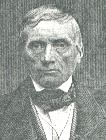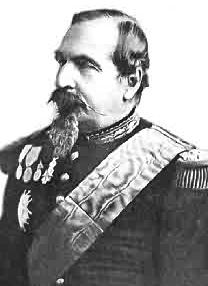 Welcome to the book Health: Its Friends and Its Foes (1862), by Reuben D. Mussey, M.D., LL.D. To go to the "Table of Contents" immediately, click here. Welcome to the book Health: Its Friends and Its Foes (1862), by Reuben D. Mussey, M.D., LL.D. To go to the "Table of Contents" immediately, click here.
Tobacco pushers and their accessories conceal the breadth of tobacco effects, the enormity of the tobacco holocaust, and the long record of documentation. The concealment process is called the "tobacco taboo." Other pertinent words are "censorship" and "disinformation." Here is the text by Reuben D. Mussey, M.D., LL.D. (1780-1866) of an early exposé (1862) of tobacco dangers, the tobacco chapter only (pp 93-131). It cites facts you don't normally ever see, due to the "tobacco taboo." Dr. Mussey, a "physician who gained an international reputation," was Professor of Surgery, Medical College of Ohio, 1837 to 1851, and the fourth President of the American Medical Association (1850). The phrase "tobacco taboo" is the term for the pro-tobacco censorship policy—to not report most facts about tobacco. As you will see, information about the tobacco danger was already being circulated in 1862, 102 years before the famous 1964 Surgeon General Report. Be prepared. |
Health: Its Friends and Its Foes
by Reuben D. Mussey, M.D., LL.D.
(Boston: Gould & Lincoln;
New York: Sheldon & Co;
Cincinnati: George S. Blanchard,
1862, reprinted 1863 and 1866)
